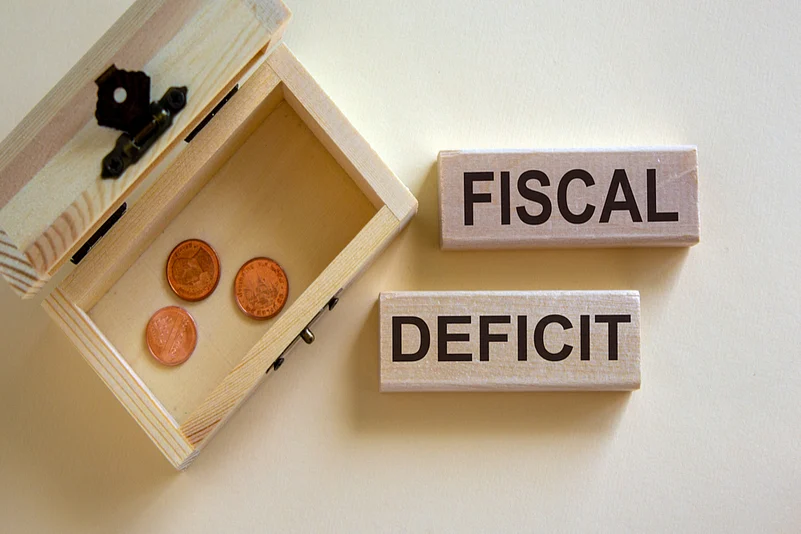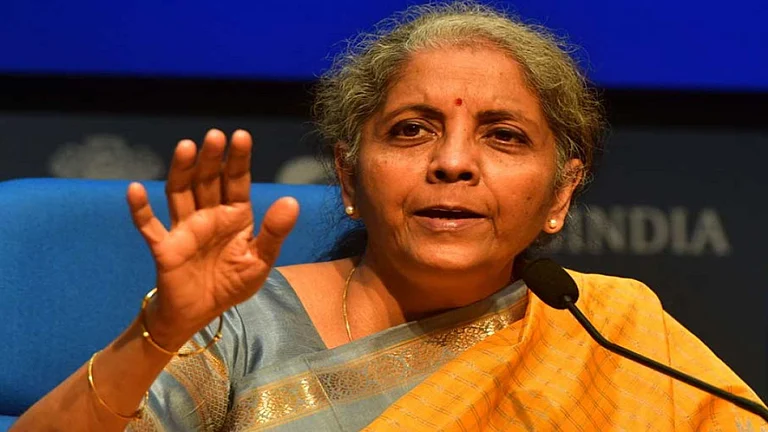The increased tax buoyancy as reflected in both income tax and GST monthly collection data will provide headroom to the government to allocate more funds for farmers and social sector schemes in the forthcoming interim budget, without sacrificing fiscal prudence, sources said.
The focus in the interim budget, which will be the last major economic document of the Modi 2.0 Government ahead of the general elections, is likely to be on the issues being faced by poorer sections of the society, especially in rural areas.
According to sources, collections from income and corporate taxes have been showing buoyancy in the current fiscal, and the total direct tax mop-up is likely to exceed budget estimates by about Rs 1 lakh crore.
The government had budgeted to collect Rs 18.23 lakh crore from direct taxes in this fiscal. Till January 10, the mop-up stood at Rs 14.70 lakh crore, which is 81 per cent of budget estimates.
On the Goods and Services Tax (GST) front, Central GST revenues are expected to exceed budget estimates of Rs 8.1 lakh crore by about Rs 10,000 crore. According to estimates, there will be a shortfall of around Rs 49,000 crore in excise and customs duties collections in this fiscal year.
The Centre's gross tax revenues is expected to exceed the Budget estimates of Rs 33.6 lakh crore by Rs 60,000 crore.
ICRA in its interim budget expectations report had said that it expects gross tax revenues to grow 11 per cent in the next fiscal (2024-25), led by direct taxes and GST collections, even as the growth in excise and customs duty collections is likely to be subdued.
"With ICRA's nominal GDP growth forecast of 9.5 per cent, tax buoyancy is assumed at a healthy 1.2 in FY2025 (against 1.4 expected for FY2024), in line with the historical average seen during FY2015-19," ICRA said.
This tax buoyancy has given the government headroom to allocate more funds for social sector schemes, like MGNREGA, rural roads, PM Kisan Samman Nidhi, PM Vishwakarma Yojana without deviating from the fiscal consolidation path of lowering fiscal deficit to 4.5 per cent by 2025-26.
In the current fiscal, the fiscal deficit, which is the difference between government receipts and expenditures, is estimated at 5.9 per cent of GDP.
Deloitte India Partner Sanjay Kumar said at the moment there is certain amount of fiscal space that the government has and they would want to spend that.
This government has not done any kind of profligacy.
"At the time of covid, when other countries were giving money in the hands of poor people, this government continued to pursue a very, very tight and rule based transfer of money and we have reaped good dividend out of that. So why change colour at this point of time when you have done it pragmatically so far," Kumar said.
The government's size of the Budget for the current year was Rs 40 lakh crore and next year it is likely to increase by 10 per cent to Rs 43-44 lakh crore.
"The allocation for infrastructure, women centric schemes is expected to go up in the 2024-25 interim budget," Kumar said.


























.jpg?w=200&auto=format%2Ccompress&fit=max)




